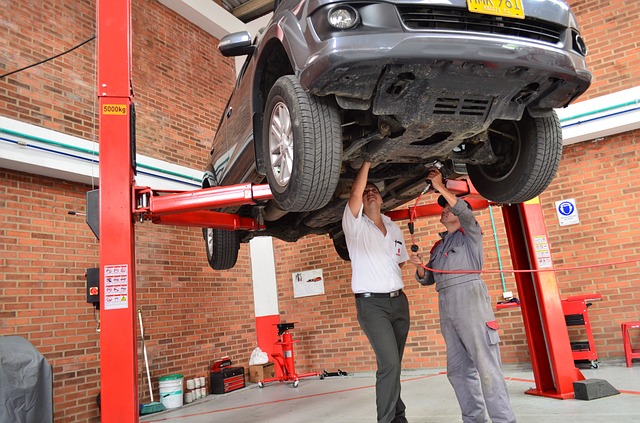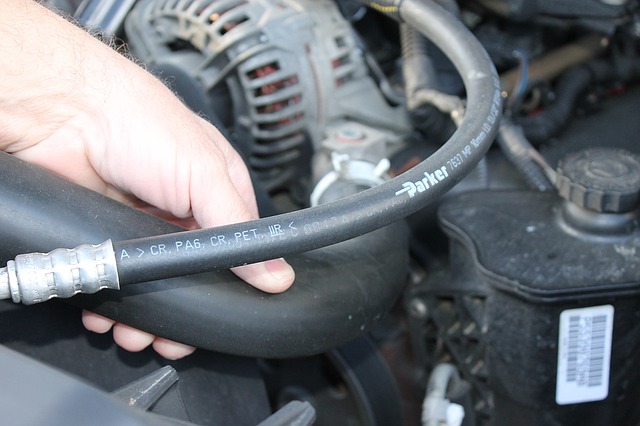It’s one thing to take out finance for a new car, however, a large portion of car buyers opt for a used car instead. And when it comes to the second hand market, you can never be too sure what you’re buying.
Regardless of whether you opt to purchase through a dealer or a private seller, neither is a fool-proof avenue to avoid ending up with a lemon. Further yet, until you do your own research and check the respective vehicle status and securities registries in your state, you can’t be certain the vehicle isn’t still under finance or that it hasn’t previously been written-off. Make sure you start with this to ensure you’re not just taking out a loan to pay off someone else’s loan.
We discuss the 3 key reasons you should take out a vehicle inspection via a respected third party.

Safety
It goes without saying that safety should be at the forefront of every decision to purchase a vehicle. No one wants to be in a vehicle that has underlying structural problems which could compromise the integrity of the vehicle and endanger your safety. The problem might not even be structural – there may be wear and tear beyond reasonable limits, or hidden evidence of neglect from the previous owner(s). In many cases, problems can still exist even if vehicles operate well, appear in good cosmetic shape, or show a low odometer reading.
Vehicle inspections allow experts to assess whether the vehicle may have been involved in a serious accident, as well as judge the general condition of the car and any repairs that have been made. Rather than looking under the hood yourself, or taking the seller’s word for it – even if they present you a maintenance log book – faults are best identified by the experts who conduct these inspections for a living. They may even provide you with a guarantee for their services.

Future costs
Even the most minor of problems have the potential to escalate and put a major dent in your wallet. For example, the odd oil leak might be overlooked by a novice motorist who thinks it can probably be patched up with gasket change. However, the issue could be systematic of a much deeper problem.
Such findings could also suggest that the wrong parts have been used on the vehicle during repairs. This may give reason to be concerned about any other modifications or adjustments made. Should you be unlucky enough to find yourself in this position, where the true extent of the problem becomes apparent, don’t expect the seller to be sympathetic to your situation. You’ll be the one facing a huge repair bill. And to make matters worse, the lender isn’t going to be sympathetic to your plight either, you will still need to maintain all repayment commitments, even if the car turns out to be in the workshop for a while, or heaven forbid, a lemon.
Negotiating strength
Last but not least, in any negotiating position it helps to have access to full and complete information. A vehicle inspection is one means of fulfilling this. As an informed motorist who is aware of the vehicle’s condition, including any faults, you have a considerably greater deal of leverage in being able to obtain a better price on the vehicle in question. If of course the nature of any faults are severe, you may choose to bypass the sale altogether. Alternatively, you could make the sale contingent upon repairs being carried out by a mechanic that you trust.
The Fincar team is here to help you with all your financing needs. Contact us today to help arrange your next car or equipment loan.
